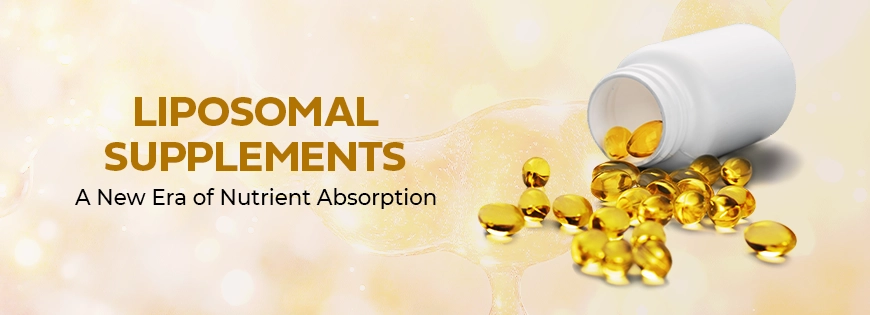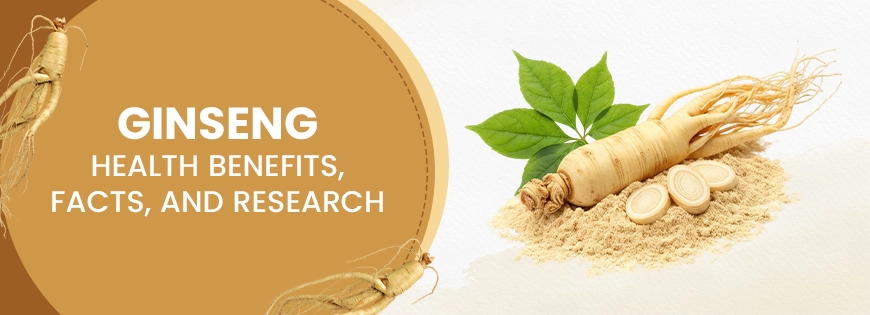Cinnamon is a widely used spice that offers notable health benefits alongside some potential side effects. Current research and clinical studies have deepened understanding of its role in human health, particularly regarding metabolic and cardiovascular conditions.
Types of Cinnamon
There are two primary types of cinnamon:
- Ceylon cinnamon (Cinnamomum verum)- Often called “true cinnamon.”
- Cassia cinnamon (Cinnamomum cassia)- The most common type found in supermarkets.
Health Benefits of Cinnamon
1. Rich in Antioxidants

Cinnamon is loaded with polyphenols and other powerful antioxidants. Antioxidants help the body fight oxidative stress, which is associated with aging and chronic diseases. The spice has been shown to have anti-inflammatory, anti-microbial, and free radical-scavenging properties.
Also Read : Can Amla Improves Kidney Health?
The study “Anti-diabetic and antioxidant effect of cinnamon in poorly controlled type-2 diabetic Iraqi patients” found that taking 1 g of cinnamon daily for 12 weeks lowered fasting blood sugar, slightly reduced HbA1c, and improved antioxidant levels. This shows cinnamon can support diabetes control alongside regular treatment.
2. Anti-Inflammatory Effects

Chronic inflammation contributes to many illnesses, including heart disease, diabetes, and neurodegenerative conditions. The compounds found in cinnamon, especially cinnamaldehyde, may exhibit strong anti-inflammatory effects. These properties may help protect tissues and reduce inflammatory markers in the body.
The 2020 meta-analysis “Impact of Cinnamon Supplementation on Cardiometabolic Biomarkers” reviewed 12 trials and found that cinnamon (1.5–4 g/day) reduced inflammation and oxidative stress markers like CRP, MDA, and IL-6 and improved antioxidant capacity. Overall, cinnamon may help lower inflammation and support better metabolic health.
Also Read: Health Benefits of Parsley Extract
3. Blood Sugar Regulation

One of the most studied benefits of cinnamon is its effect on blood glucose levels. Several studies suggest that cinnamon may help in regulating blood sugar.
The 2024 study “Effect of Cinnamon Spice on Glycemic Response” found that adults with prediabetes who took 4 g of cinnamon daily for 4 weeks had lower 24-hour glucose levels, smaller glucose peaks, and better glucose control than with placebo. Cinnamon caused no digestive side effects.
These effects are particularly beneficial for individuals with insulin resistance or diabetes. However, cinnamon should not replace prescribed medication.
4. Heart Health Support

Cinnamon may help reduce several risk factors associated with heart disease. By reducing inflammation and improving lipid profiles, cinnamon may support cardiovascular health when combined with a balanced diet.
The 2025 study “The effect of cinnamon supplementation on cardiovascular risk factors in adults” found that cinnamon significantly improved many heart-related markers. It lowered blood pressure, glucose, insulin resistance, cholesterol, triglycerides, inflammation, and waist size while increasing HDL (good cholesterol). Overall, cinnamon showed meaningful benefits for reducing cardiovascular risk.
5. Digestive Benefits

Cinnamon may support digestion by reducing bloating, easing discomfort, and promoting smoother digestive function. Its natural anti-inflammatory and soothing properties can help improve overall gut wellness.
The study “Evaluation of the Effectiveness of Cinnamon Oil Soft Capsule in Patients with Functional Dyspepsia” found that both cinnamon oil and placebo improved digestive symptoms, but cinnamon oil was not more effective than placebo. Symptoms like bloating, nausea, and discomfort improved overall, and side effects were minimal.
Its warming nature and antimicrobial properties can help maintain a healthy gut environment.
6. Weight Management

Cinnamon has gained attention for its potential role in weight management. Its bioactive compounds may help regulate blood sugar, reduce appetite, and support healthier metabolism, which together can contribute to modest reductions in weight, waist circumference, and body fat when combined with a balanced lifestyle.
A meta-analysis found that cinnamon or its supplementation may support weight management by modestly reducing body weight, BMI, waist circumference, and body fat in adults. Benefits were stronger in younger individuals and those with higher starting BMI. Higher doses and longer use (≥12 weeks) showed the most improvement.
Potential Side Effects of Cinnamon

Despite its benefits, cinnamon may cause minor or even serious side effects if consumed in large quantities or by sensitive individuals.
- Mild stomach discomfort or nausea
Some people may experience light stomach upset or nausea, especially when taking cinnamon supplements on an empty stomach or in higher doses. - Mouth irritation
Consuming too much cinnamon at once, especially the powdered form, can cause a dry, irritated feeling in the mouth or throat. - Possible allergic reactions
Although rare, certain individuals may develop mild allergic reactions such as itching, small rashes, or irritation after consuming cinnamon or using cinnamon oil. - Heartburn or chest warmth
Cinnamon’s warming nature can occasionally trigger heartburn or a mild burning sensation in the chest, particularly in people sensitive to spicy foods. - Interaction with medications
Cinnamon may interact with blood-thinning or diabetes medications, potentially affecting their effectiveness, so it’s best to consult a healthcare professional if concerned.
Safe Daily Intake
Most health authorities recommend limiting cassia cinnamon intake to about 1 teaspoon (2–4 grams) per day, mainly due to its coumarin content. Ceylon cinnamon, also known as “true” cinnamon, contains much less coumarin and is considered safer for regular use in cooking and supplementation. For supplemental use, clinical studies typically use 1–6 grams of cinnamon powder daily for several weeks, with few adverse effects reported in healthy adults.
Cinnamon is valued for its antioxidant, anti-inflammatory, and antimicrobial activities, with substantial evidence supporting its utility in blood sugar and cholesterol management, digestive health, and possibly neuroprotection. However, individuals should be wary of excessive consumption, especially the cassia variety, due to potential liver toxicity, allergic reactions, digestive discomfort, and drug interactions. Health-conscious usage, preferably with Ceylon cinnamon, and within recommended limits, maximizes its benefits while minimizing risks.
Disclaimer: The Statement has not been evaluated by the EFSA, KFDA or FDA. This product is not intended to diagnose, treat, cure, or prevent any disease. While the information provided is based on credible references, we do not make any specific claims or guarantees. It is important to consult with your healthcare advisor for personalized advice and guidance related to your health.
References:
- Anti-diabetic and antioxidant effect of cinnamon in poorly controlled type-2 diabetic Iraqi patients: A randomized, placebo-controlled clinical trial
- Impact of Cinnamon Supplementation on cardiometabolic Biomarkers of Inflammation and Oxidative Stress: A Systematic Review and Meta-Analysis of Randomized Controlled Trials
- Effect of cinnamon spice on continuously monitored glycemic response in adults with prediabetes: a 4-week randomized controlled crossover trial
- The effect of cinnamon supplementation on cardiovascular risk factors in adults: a GRADE assessed systematic review, dose–response and meta-analysis of randomized controlled trials
- Cinnamon supplementation positively affects obesity: A systematic review and dose-response meta-analysis of randomized controlled trials
- Evaluation of the Effectiveness of Cinnamon Oil Soft Capsule in Patients with Functional Dyspepsia: A Randomized Double-Blind Placebo-Controlled Clinical Trial






